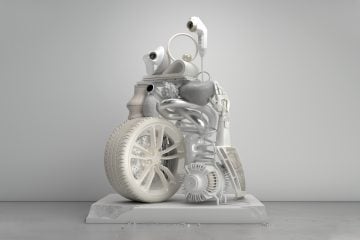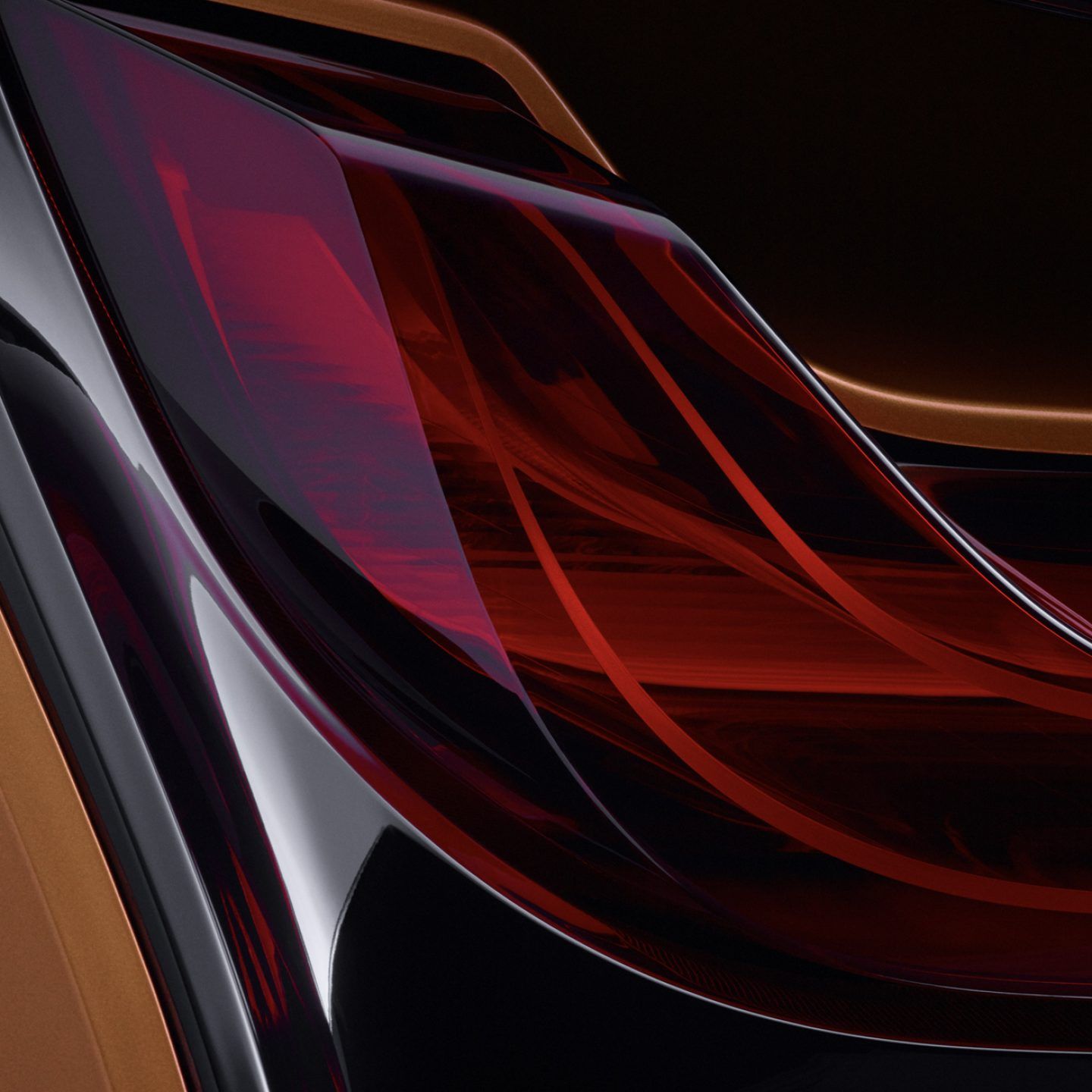
Moving With Digital Transformation: Shifting The Future Of Mobility
- Name
- Shift
- Images
- Haw-lin Services
- Words
- Rowena Johnson
His name was KITT and he was what material dreams were made of: He was dark and cool and smart and nearly indestructible.
He was Knight Rider’s hero, a self-driving car, an artificial intelligence with indefinite resources that would easily outdo any man. He was a utopian idea in the ’80s. But today, that idea doesn’t seem all that distant anymore—neither do the images of ghostly cars moving all by themselves from movies like ‘The Fifth Element’ or ‘Minority Report’. Hollywood got it first, but reality is catching up with science fiction.
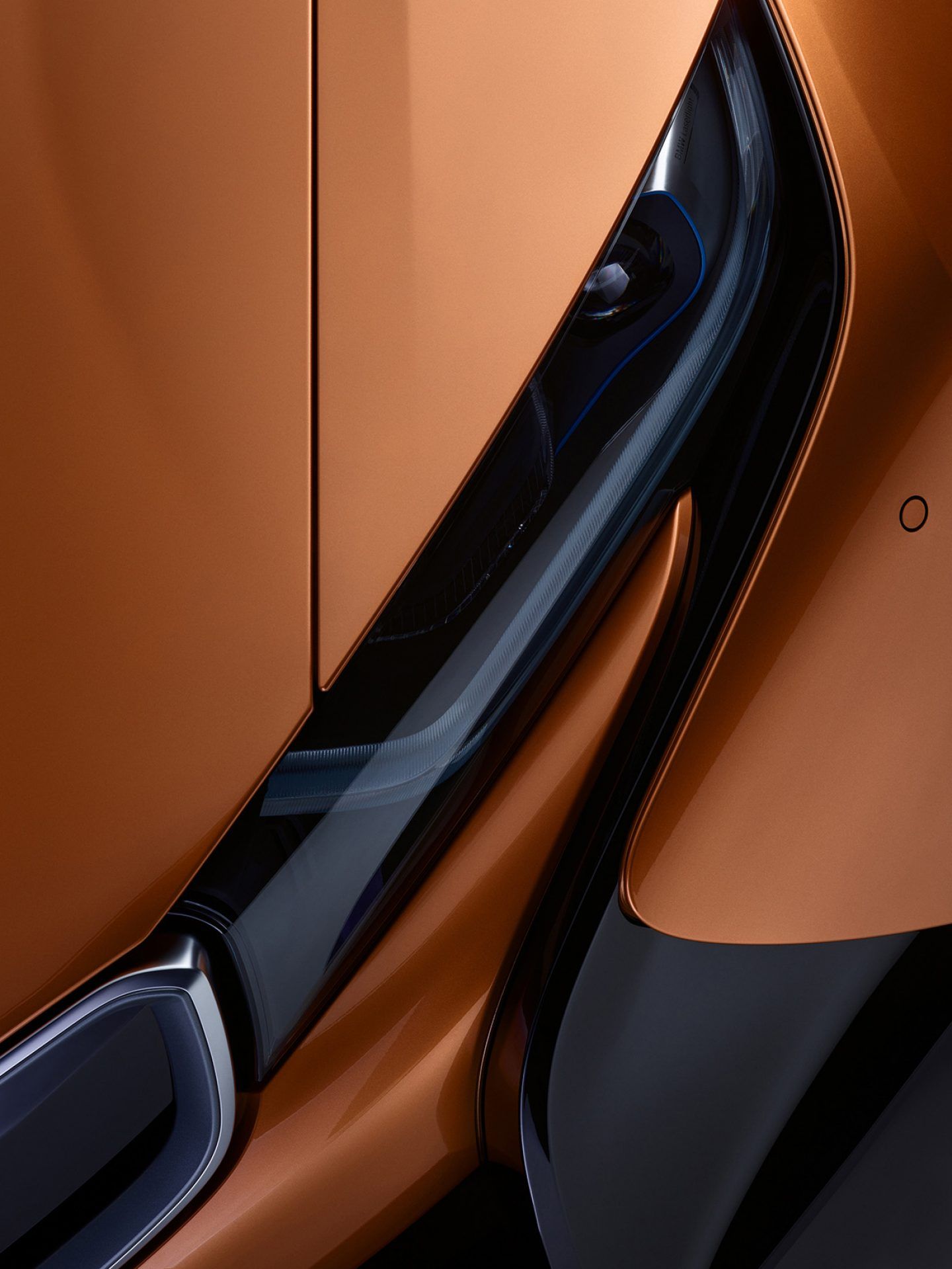
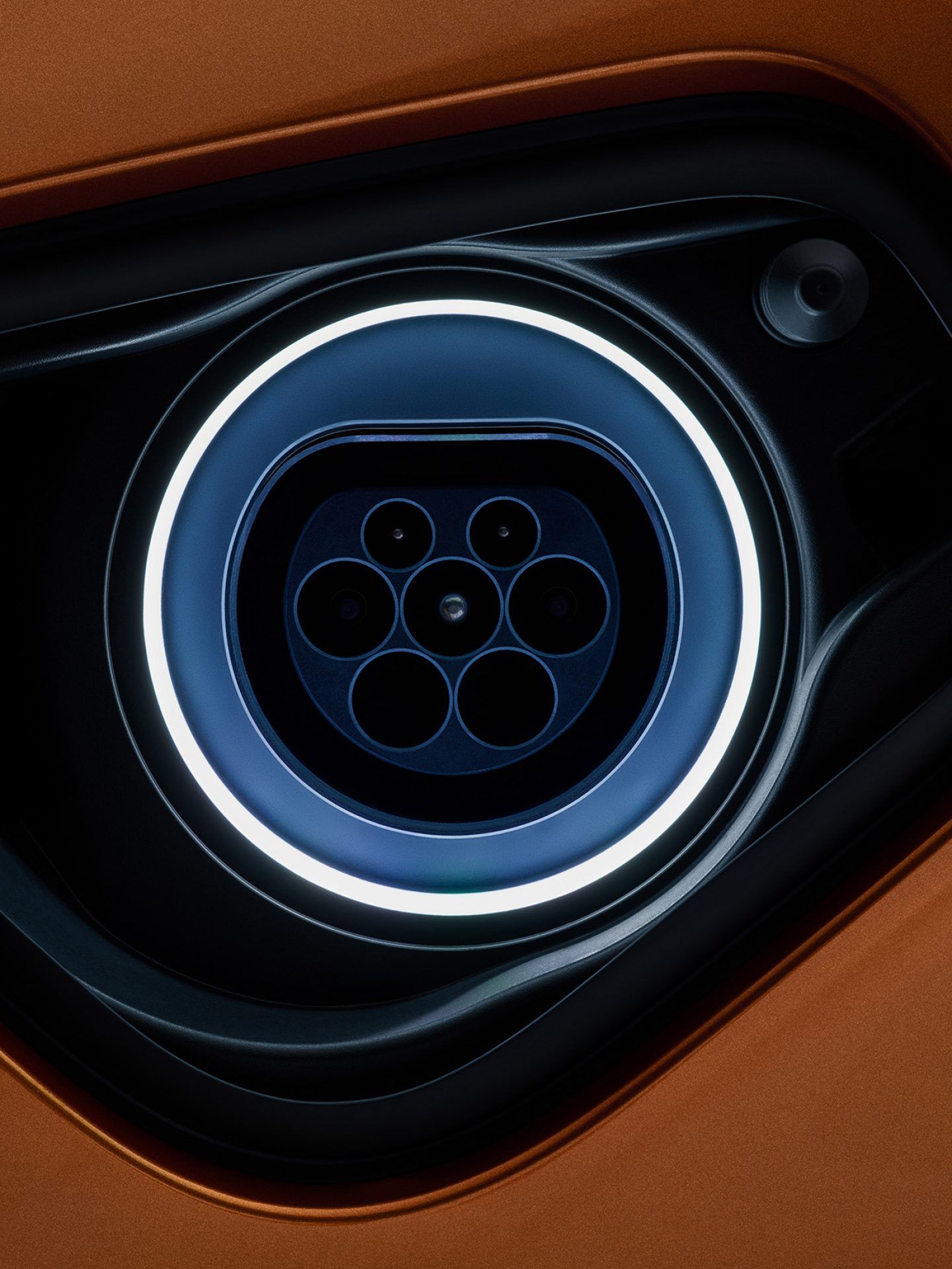
Images © Haw-lin Services for IGNANT Production
The ongoing digital transformation has started to disrupt all layers of society—from the way we communicate to the way we move, from politics to business to culture. Technological progress is challenging the establishment. And that also applies to the century-old automotive industry.
Digital technologies and traditional transportation will move together as a result of global challenges like the socio-demographic change of ever-more populous urban spheres and the scarcity and ecologic harms of fossil fuels.
Traditional manufacturers have to rethink their concept of transportation and mobility—not only in regard to electrical mobility but also with the possibilities of data processing and artificial intelligence systems that enable aspects like autonomous driving and the subsequent optimization of traffic streams.
The emergence of electric car manufacturer Tesla has heralded what is to come—and whether car manufacturers will exploit the technological leap and ride, or drown in the digital wave cannot be said. Classic car manufacturers like BMW, Mercedes Benz, and Volkswagen have established independent innovation and design laboratories in start-up heavy cities like Berlin and San Francisco to try to move towards tech-driven research and development approaches as a response.
Shift AUTOMOTIVE, a new platform, seeks to further explore the challenges of digital disruption for the transportation industry. The biannual convention is a collaboration between IFA Berlin, the leading consumer electronics fair, and the Geneva International Motor Show. The first edition will be held on September 4th and 5th 2018 during IFA Berlin, followed by the second event during the Geneva Motor Show in March 2019.
"The crucial question is: Who will create the car of the future?"
“The crucial question is: Who will create the car of the future? Right now, we have two systems: The hardware with the engine and the control system on the one hand, and communication and navigation on the other hand. If we think of the future of mobility and autonomous driving, those systems need to interact in order to ensure efficiency and safety”, says Jens Heithecker, executive director of IFA.
“On first glance, the digital transformation poses a strategic threat to car manufacturers. Will they be able to embed new technologies the right way? Or will tech companies be able to produce safe and competent vehicles? There are immense opportunities for both, but they also both need to prove their competences. The connection process is running now”, he continues.
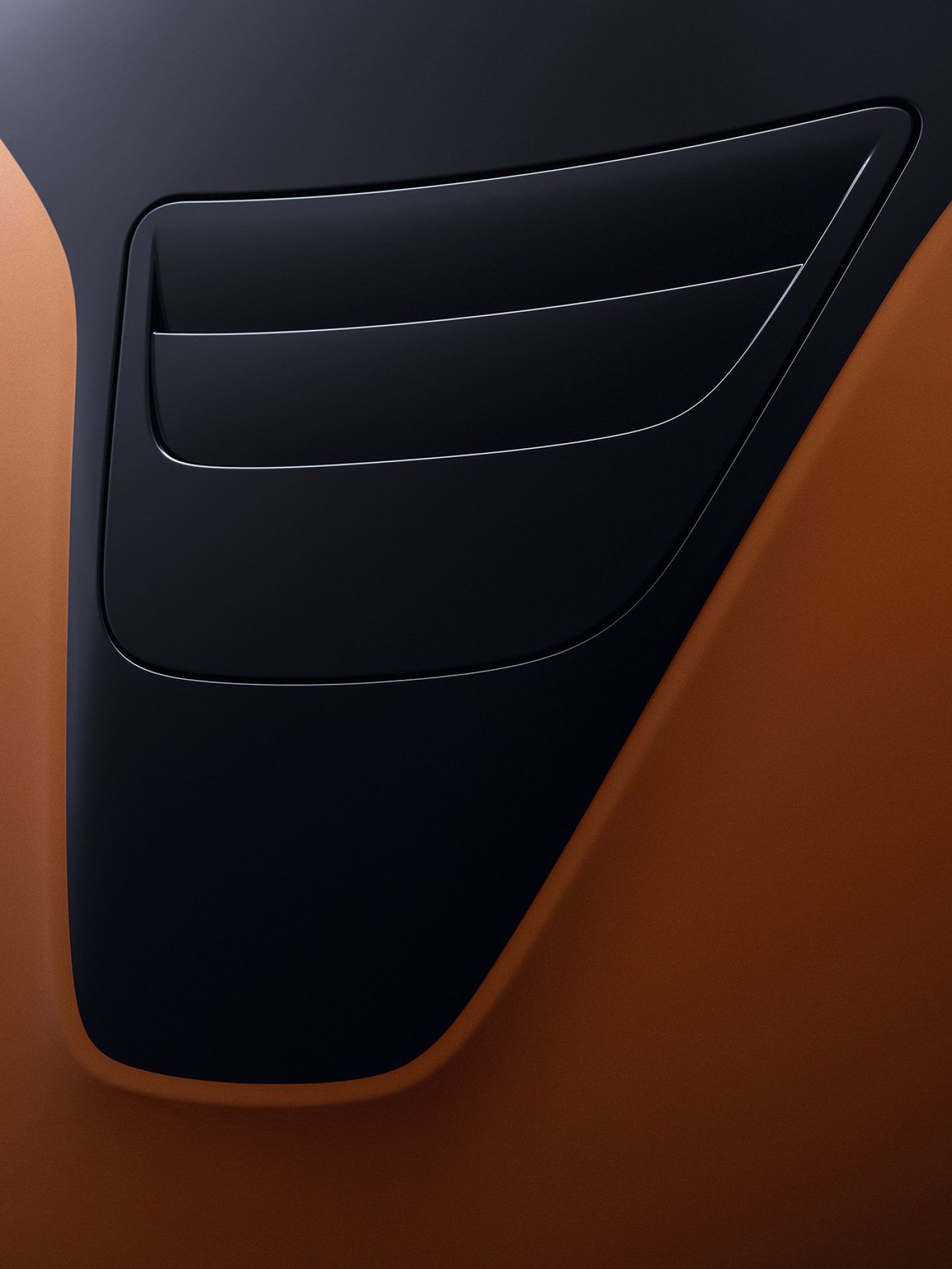
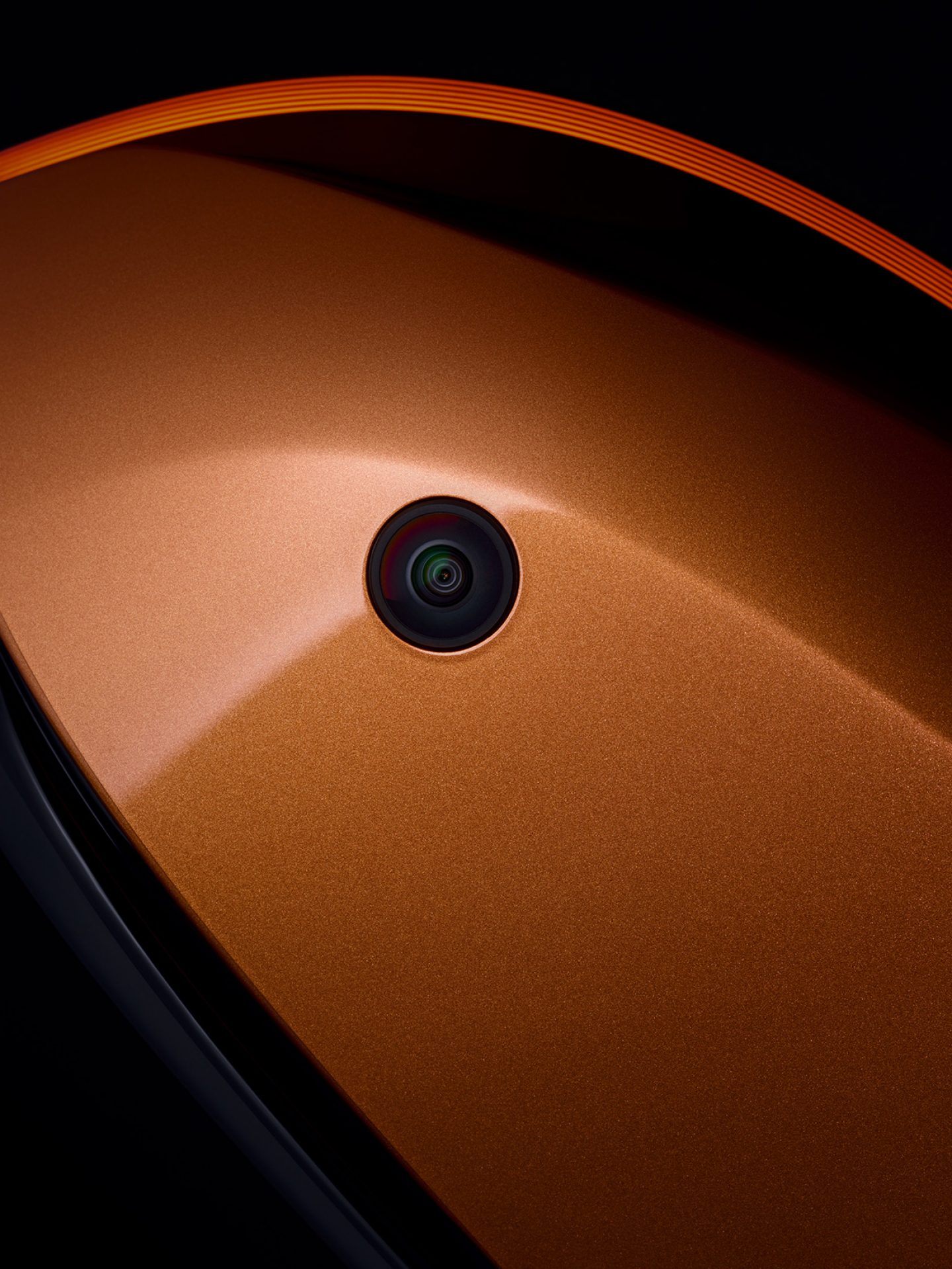
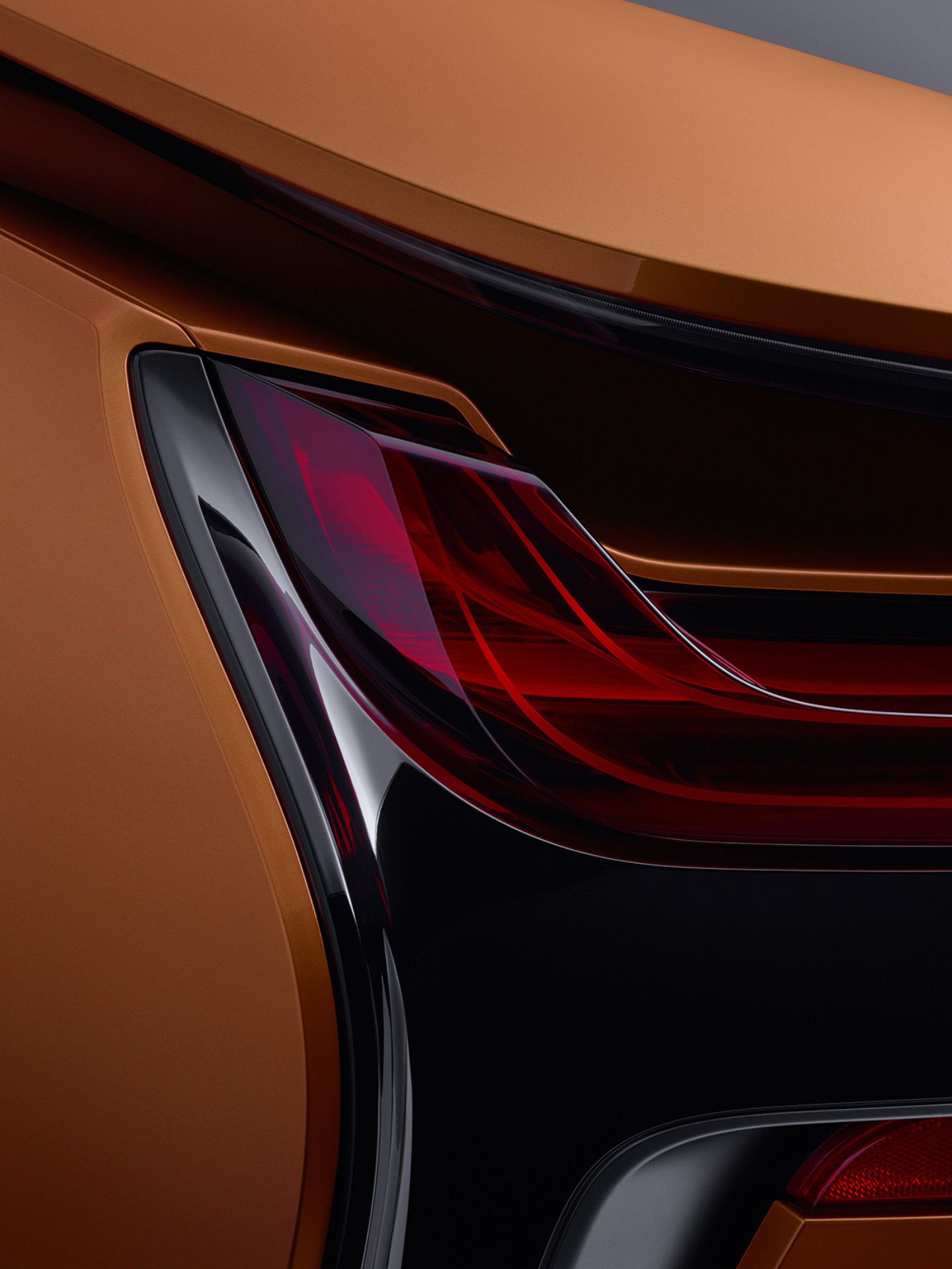

Images © Haw-lin Services for IGNANT Production
That includes the human factor that is to be discussed in face of the new car: Is the client going to be an individual driver of a vehicle who wants to take the steering wheel or the user of a convenient interface? What are the moral implications if an artificial intelligence is the one to make decisions in life-critical situations? Are the systems safe against hacks, failures, and disasters? How should the regulatory frameworks be set? How to interact globally? And eventually: Do people buy into the concept of passing their autonomy to a system; do people trust a self-driving car?
Thus, the possibilities of the digital transformation demand a mindset that thinks beyond the car. Only those who look at the car of the future from a holistic perspective that includes not only technological aspects, but also moral considerations, social, political and ecological issues, and the human psyche will succeed—whether new digital tech company or classic manufacturer.
But the biggest disruptors to the future of mobility won’t be brands or companies or governments: Rather, the car of the future should be built for environmental requirements and our ever-changing socio-demographic factors. After all, we all want to live in a livable world.
_
This feature was created in collaboration with Messe Berlin.
Shift AUTOMOTIVE takes place on September 4th and 5th 2018 during IFA at Messe Berlin. To get your own ticket, please click here.
Photographer: Haw-lin Services, Editor: Quynh Tran, Production: IGNANT Production, Post Production: RGBerlin, Photo- & Light Assistance: Luis Einhauser

